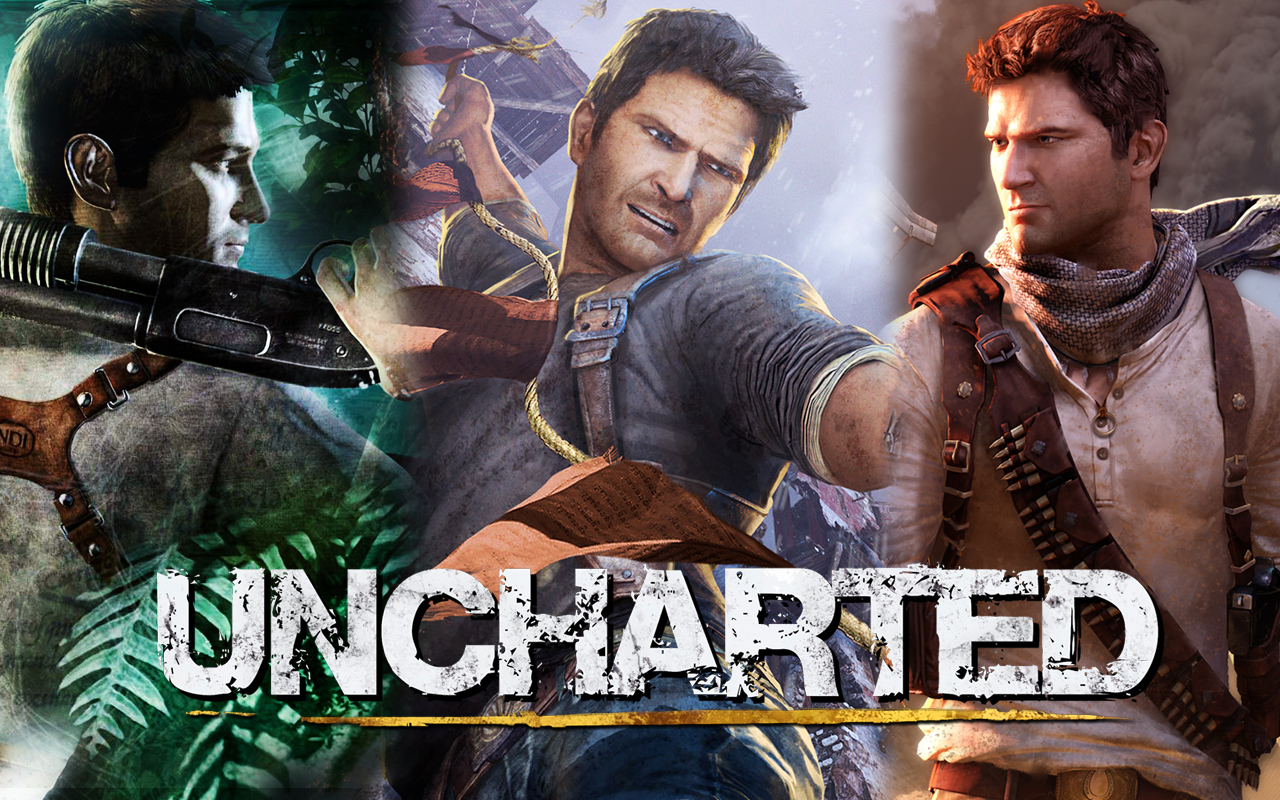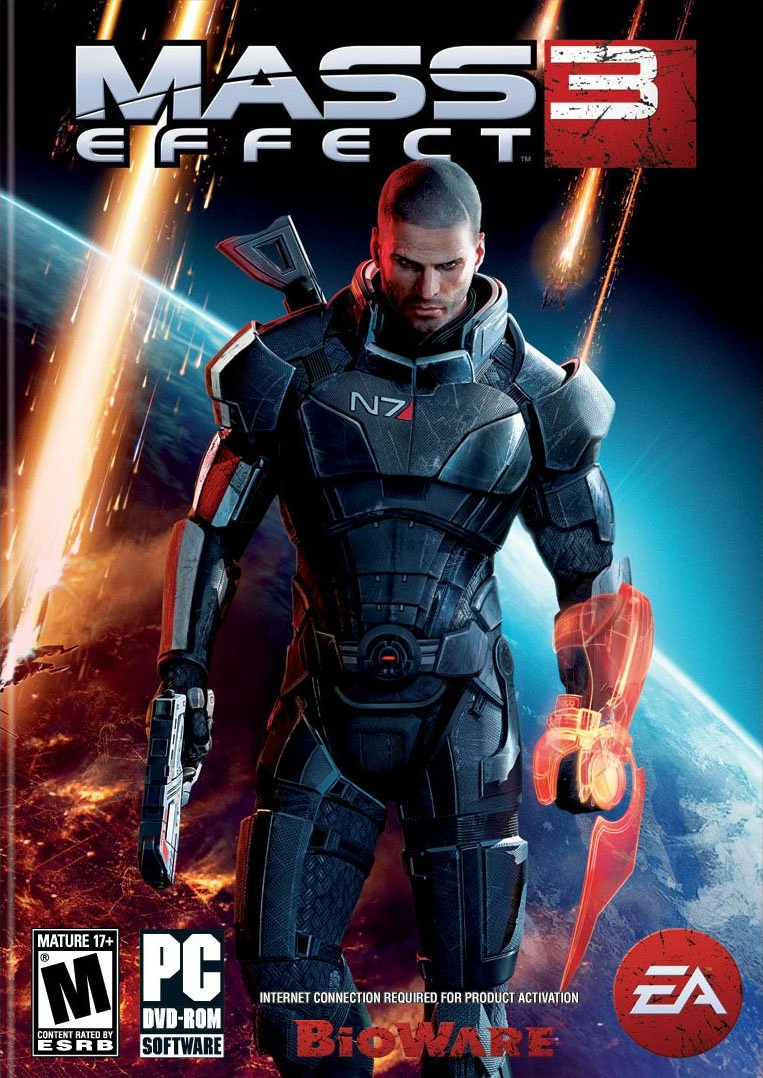The Last of Us was one of those games that I just couldn't wait to get my hands on. Having played for all my life and being particularly partial toward indie games as I am, I had hoped that The Last of Us would finally revolutionize the AAA industry to give some space for creativity and innovation. It didn't.
As much as I believe that the game derseves all the awards that it has won so far since it is as amazing as it is beautiful, it wasn't a game changer for me, and I really thought it would be The Chosen One. Hasn't anyone felt as if the gameplay of most AAA games feels too much the same? No matter the genre, the designers tend to go back to the old cliches and scorch creativity for the sake of playing it safe and selling copies (that's a great motivation, though).
It's not that they should reinvent the wheel with every game they make. This would be a mistake, taking advantage of what history has taught players is a must for all successful games, but there's a thin line between using the past to one's advantage and blinding oneself to new possibilities just for sticking to what one already knows.
Maybe I'm a hopeless romantic, but we hopeless romantics want to play AAA games too and feel like we're playing a new game, not the same game over and over again with a slightly or dramatically different story.
Same old, same old?
The Last of Us is, as those who have been lucky enough to play it know, an Action-Adventure, Survival-horror game with Third Person Shooter and Stealth tints. There are many games that belong to this or to a similar genre, which are the parents, grandparents and cousins of The Last of Us. Let's take a look at some main mechanics behind some of them.
Uncharted Series: Also developed by Naughty Dog, this seems like a logical place to start. Stripping this game out of the narrative context gives us a glance at the main mechanics. Keeping in mind that even though the narrative is a basic and important part of the game, let's stick with trying to forget about it and look at the engines of the mechanics.
Third person shooting: Player goes around killing enemies with guns found in-game. A typical point and shoot game, taking cover behind obstacles, peeking to kill enemies, the whole set.
Stealth: Some game moments are so plagued with enemies that the player might want to take cover and sneak behind them to kill them in silence, so that he doesn't warn other enemies of his presence, the player would normally walk slowly, and when he's close enough to one nasty enemy, typically the player would press the right button at the right time and watch his character silently kill the opponent.
Puzzle-solving: puzzle-solving in this game is fut but unchallenging. Is there a higher ground that the character needs to reach? Just give your partner a lift, or look aound for ladders. There are other things like completing images, pushing heavy doors in group, and similar tasks.
Mass Effect 3: I love the story behind the Mass Effect series, and the RPG-ish feeling the player gets while playing it, but again, let's forget about this game's narrative content and take a closer look at the bare main mechanics.
Third Person Shooting: Player goes around killing enemies with guns found in-game. A typical point and shoot game, taking cover behind obstacles, peeking to kill enemies, the whole set.
Weapon Upgrading: The weapons that the character gets in the begining of the game might not be enough to bear with the progressively increasing difficulty, so the player would want to upgrade them in specific locations.
Dead Space Series: I also like these games very much, a clever Survival Horror which broke my controls when I dropped them to the floor out of pure fright. Looking at some main mechanics:
Third Person Shooting: Player goes aroung killing enemies with guns found in-game. A typical point and shoot game, although this time peeking behind obstacles might get your character killed once the enemy has spotted him.
Weapon Upgrading: The weapons that the character gets in the begining might again not be enough to bear with the progressively increasing difficulty, so the player would want to upgrade them in specific locations.
All these mechanics are pretty cool and pretty standard, well polished they can be amazing, and wrapped in a interesting narrative they can be enhanced. However if we compare these to the main mechanics of the Last of Us we won't find much difference.
The Last of Us: Some main mechanics of The Last of Us might sound familiar:
Third Person Shooting: Player goes around killing enemies with weapons found ingame. A typical point and shoot game, taking cover behind obstacles, peeking to kill enemies, the whole set.
Weapon Upgrading: The weapons that the character gets in the begining of the game might not be enough to bear with the progressively increasing difficulty, so the player would want to upgrade them in specific locations.
Stealth: Some parts are so plagued with enemies that they player might want to take cover and sneak behind them to kill them in silence, so that he doesn't warn other enemies of his presence, the player would normally want to walk slowly, and when he's close enough to one nasty enemy press the right button at the right time and watch his character silently kill the opponent.
Puzzle-solving: puzzle-solving in this game is fut but unchallenging. Is there a high ground place that the character needs to reach? Just give your partner a lift, or look aound for ladders. There are other things like pushing heavy doors in group, and similar tasks.
Mechanics vs Story
I have a tendency to favor mechanics, although games can serve as a narrative medium if well implemented. I believe that if they have to choose, developers should choose a mechanic-driven game instead of story dirven one, not sacrificing the quality and innovation of the mechanics over a compelling plot with amazing graphics.
If someone asked me what The Last of Us was about, I'd say that it's about a post apocaliptyc world in which a man with little faith in humanity gets caught up in a standard hero's journey. If you asked me what Braid was about I'd say that it's about a character filled with regret that can manipulate time (without the whole metaphoric content).
This is an exercise that I like very much, because it helps us differentiate (subjectively to each player, although with generalizable tendencies) what the game is really made of, story, mechanics or both. In the Last of Us example I would only talk about the story, because the mechanics are serving as a means to tell this story and are left in a second plane, if we were talking about Braid, I'd talk about both, because story and mechanics are so carefully balanced that one can't live without the other. If we were talking for instance about Tetris, I'd talk only about mechanics, no story, so it's a game about organizing blocks without leaving open spaces. See the difference? More on this in an upcoming post.
As I said, this depends on the type of gamer, but I've come to see how most AAA games are story-driven and how most indie games are either well-balanced or mechanics-driven. Since for me gaming is about playing games, not watching animation sequences, I would very much rather play an indie game instead of a AAA one, of couse I'm generalizing, I'm talking about tendencies.
What left me so disappointed in The Last of Us was that I was expecting the inflection point for AAA gaming, to me, this was the game that was going to change this generalized perception, which would beautifully balance story and mechanics, innovating on the latter to complement the first. But the mechanics with its few small innovations were so unbalanced in significance compared to the awesomeness of the plot that I felt like rushing through the game to see what happened, as if I was watching a movie, instead of enjoying the gameplay moments. It didn't change my perception about the AAA industry being each day more about great graphics and solid stories and less about quality gameplay and innovative mechanics, it enhanced it!
I would lie if I said that I didn't enjoy playing The Last of Us, I enjoyed it very much, just not as much as I enjoyed playing The Stanley Parable, Thomas was Alone (funny enough, story-driven games for me), Braid or Limbo. To me, The Last of Us was the Chosen One who would bring balance to the force, instead of widening the gap.
I'll keep waiting for that massively popular AAA game that everyone will play and that will be an eye opener, game changing, force balancing event. For now, I'm sticking with indie games and the few balanced or mechanic-driven AAA games.






No hay comentarios:
Publicar un comentario